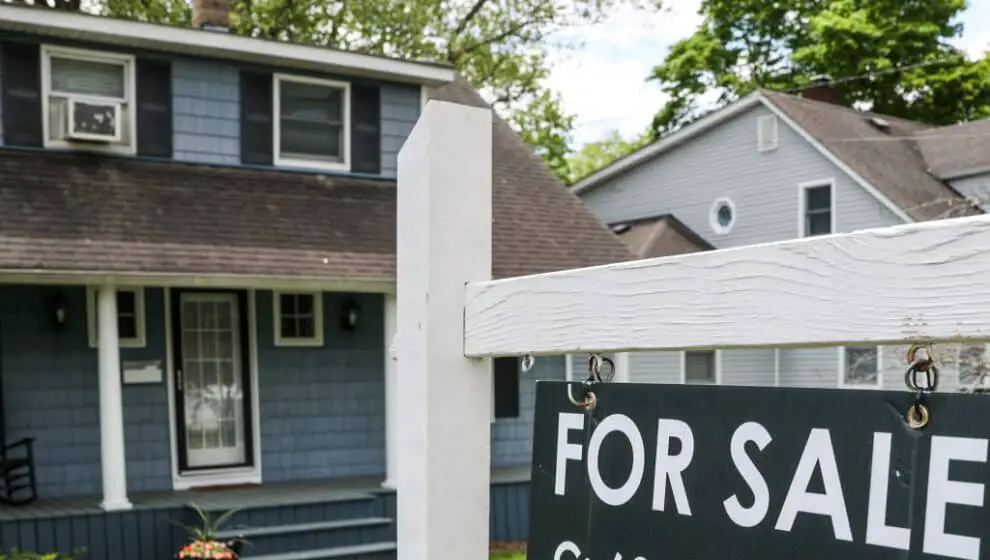The already-sloping housing market may fall even further.
Key details
Lessening demand has some experts projecting the housing market will decline even further over the next year.
“We expect home price growth to stall completely, averaging 0% in 2023. While outright declines in national home prices are possible and appear quite likely for some regions, large declines seem unlikely,” say economists at Goldman Sachs.
The predictions closely follow announcements from the Federal Reserve that interest rates are likely to rise again, and remain high.
High mortgage rates drive down the buying power of potential homeowners, causing many of them to either stay in their current home or choose to rent.
Why it’s news
After a hot housing market following the pandemic, the slow down may be somewhat jarring to both sellers and buyers.
Those looking to sell a home may now find themselves at a disadvantage. Housing sales are falling as buyers are increasingly unable to afford the prices. High interest rates combined with added expenses due to inflation means buyers have a smaller budget.
Buyers find themselves with a nearly impossible task of finding a home that fits their needs within their budget. If mortgage rates continue to rise, the problem will only be exacerbated.
New home construction is also slowing as builders try to gauge consumer interest.
But just because homes aren’t selling doesn’t mean homes aren’t needed—buyers just can’t afford them.
Pew Research found that 49% of Americans have trouble finding affordable housing.
As prospective buyers change their minds about purchasing a home, some turn to rental options, creating a shortage of available rentals which has landlords increasing their prices.
Rent prices in Austin, Texas, rose 48% in the last year. Nashville, Tennessee, Seattle, Washington, and Cincinnati, Ohio, all rose 32%. Only Milwaukee, Wisconsin, Kansas City, Missouri, and Minneapolis, Minnesota, saw rents decline.
The average national rent grew 9.4%. The median national rent is $2,000.
